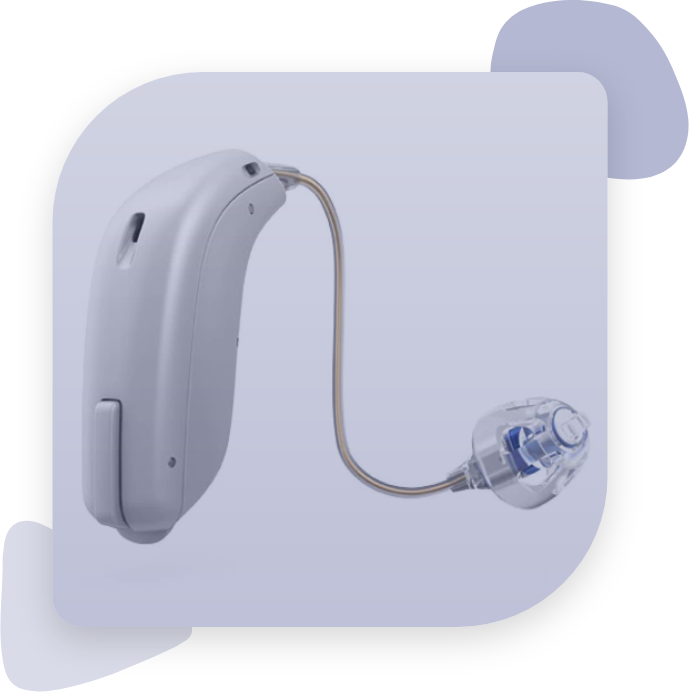HEARING AIDS BATTERIES
Do you own a hearing aid? If so, you probably know that it requires hearing aid batteries. But did you know there are different sizes of hearing aid batteries for different types of hearing aids? And that the size is not always indicated on the package or even by the name brand? This can be confusing and frustrating.
We want to help make your life easier. In this article, we’ll share with you hearing aid battery hacks – everything you need to know about hearing aid battery sizes, lifespan, storage, brands and purchasing. You’ll learn what to look for when buying new batteries and how long they last in your specific model of hearing aid. Plus we’ve included some great tips on keeping them fresh.

HEARING AID BATTERIES: TRADITIONAL OR RECHARGEABLE ?
In the world of hearing aids, batteries are key to powering your device. A new trend in this field is rechargeable batteries, which will save you some time and money on changing them out–though it’s best to think through what type of battery works for you!
Hearing aids can be a godsend for many people who have lost their hearing. Like any technological device, they run on batteries that need frequent replacing–but now there are new types of rechargeable batteries available! When choosing a model for yourself, it’s best to think about which battery type works best – traditional or rechargeable?
TWO MAIN TYPES OF HEARING AID BATTERIES
Rechargeable Batteries
Hearing aids are now being seen more and more in public, especially as a result of technological advances. Now hearing aid users can recharge their electric hearing devices at home. This is accomplished by simply removing the device from ears when they go to sleep each night.
The latest hearing aid models are configured with cutting-edge technology including rechargeable lithium-ion batteries. These batteries usually charge overnight when a wearer removes their aids to sleep.
Standard Disposable Batteries
Many people are opting for zinc-air button batteries, also known as button batteries. These air-activated rechargeable batteries can remain inactive until removed from their factory seal and peel away revealing a chemically reactive surface where oxygen is able to react with the zinc in order to activate these powerful devices.
When performing at its peak, these battery types should be used right after activation but unlike alkaline cells that continue functioning at lower levels over long periods of time, if not used soon after being inserted into your device, the performance level will quickly diminish. To avoid this problem altogether you should store them in a protective case.
Researchers have found that zinc-air batteries can last up to three years when stored in the appropriate environment. You might be surprised to know that storing them in a refrigerator may actually reduce their lifespan because condensation will form under the sticker and could cause corrosion.
BATTERY LIFE FOR HEARING AID BATTERIES
Non-rechargeable batteries only have a limited amount of power stored in them, so they require charging at some point to keep operating optimally. The lifespan for these types typically ranges from five to fourteen days—depending on how much power is needed by the hearing aid and the size of the battery itself (larger ones usually have a longer lifespan).
If you find that your hearing device’s battery is running out much faster than usual, it may be due to a problem with the device. Check your user manual for help or talk to your audiologist about getting things checked out. If you’re in Springfield, PA, give us a call for any concerns about hearing aid batteries.

Do you have the right batteries for your hearing aids? We can help.
Hear Better. Live Better.
-
130 S. State Road,
Suite 201 Springfield, PA 19064 -
905 West Sproul Rd,
Suite 201 Springfield, PA 19064 - 610-438-5203
